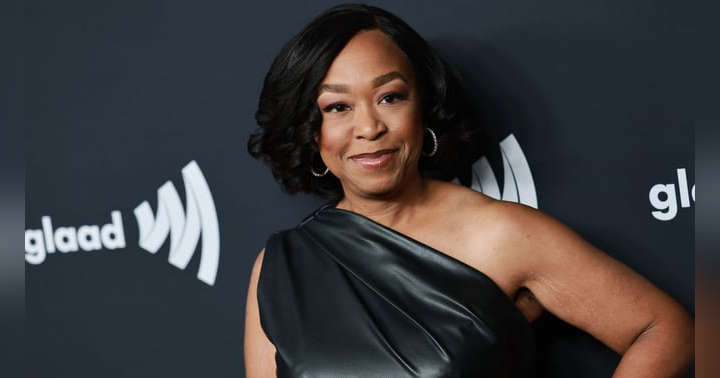What It Really Takes to Raise $172M for the Undervalued: Lessons from Stacey Brown-Philpott

In a world eager to anoint its next CEO, Stacey Brown-Philpott chose something harder—and more enduring. After leading TaskRabbit through a successful acquisition by IKEA, she turned down a flurry of elite job offers and instead went silent. Literally.
"I promised myself I’d say no to everything for six months," Stacey said in her recent interview on Masters of Scale with host Jeff Berman. "I lasted five." But that pause—anchored by a six-day solo silent retreat—sparked the clarity she needed. It was the genesis of Cherry Rock Capital, a $172 million venture fund dedicated to underinvested entrepreneurs.
From In-Demand CEO to Founder—Again
After TaskRabbit, the offers poured in. Board seats, public company CEO roles, VC partnerships. “The world needs a Black female CEO,” she recalled hearing. But instead of following someone else’s vision, Stacey asked a deeper question: What do I want?
That answer didn’t come easy. It required the kind of space most founders never give themselves—rest, solitude, and silence. The silent retreat, guided by her coach Joe Hudson and supported by prayer and scripture, helped her realize something crucial: "The world does continue when you're not around. And your body will rest if you let it."
Armed with that centeredness, she chose not to fulfill expectations—but to build something that reflected her purpose.
Why Venture, Why Now
Cherry Rock Capital wasn’t just a career pivot—it was a culmination. Stacey had considered venture back in business school at Stanford but spent the next two decades building and scaling as an operator. That experience turned out to be her secret weapon.
“Having been a CEO, I can help founders see around corners,” she said. “That was fulfilling in a way I didn’t expect.”
Co-founding Cherry Rock with Sada Howard, she blended operational muscle with investment acumen. The mission was bold: to become the foundation of success for founders often overlooked—those without networks, board access, or Silicon Valley fluency.
The Unsexy Reality of Raising $172M
The fundraising journey wasn’t a fairytale. “Everybody said this was the hardest time to raise money,” she recalled. It took two years, dozens of rejections, and pitch decks that evolved version by version. But she kept telling the story—her story.
Most of the firms she pitched said no. But enough said yes. Early mentors helped her refine her slides, gave brutal feedback, and believed in her long-term vision. That clarity—rooted in her silent retreat and her grandmother’s advice—became her compass: "Not everyone will support you. You just have to believe you're doing the right thing and go do it."
Betting on Founders Who Don't Look the Part
Cherry Rock’s first investment, Coactive, wasn’t a “hot tip.” It was the result of a yearlong relationship with founder Cody Coleman. “He wrote his dissertation on what Coactive is today,” she said. “And when it came time to raise their Series B, we co-led it.”
The firm isn’t just writing checks. Stacey sits on boards—uncommon in early-stage VC—and brings her operator lens to support, not command. “The best board members ask the best questions,” she said. “I don’t run the company. I just offer input and let the CEO decide.”
Building Something That Lasts
Unlike many first-time funds, Cherry Rock is built for permanence. Stacey’s operational background means she hired early, built systems, and structured the firm with institutional rigor. “We want to build something that’s around for decades,” she said.
The result? Backers like Goldman Sachs, JP Morgan, and MassMutual—all betting on Stacey’s bet on the next generation.
Final Word: Know Your North Star
What makes Stacey’s story so resonant isn’t just the capital raised—it’s how she did it. With clarity. With purpose. And with the courage to bet on herself.
For wantrepreneurs and entrepreneurs alike, her journey is a reminder that success often starts with silence. And that saying no—to the world’s demands—is sometimes the clearest yes to your own.





